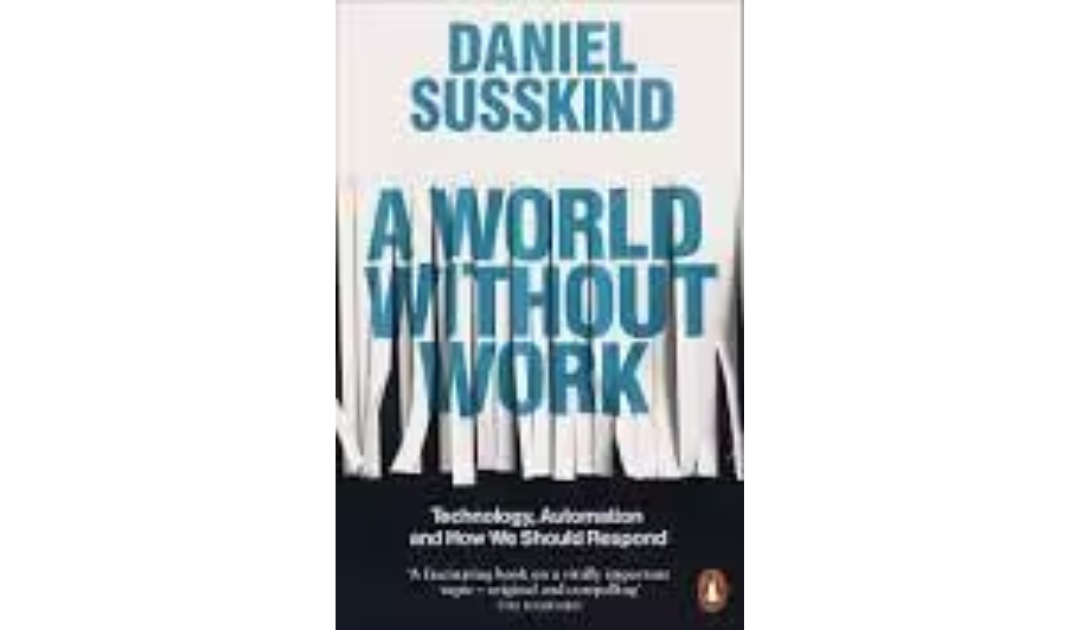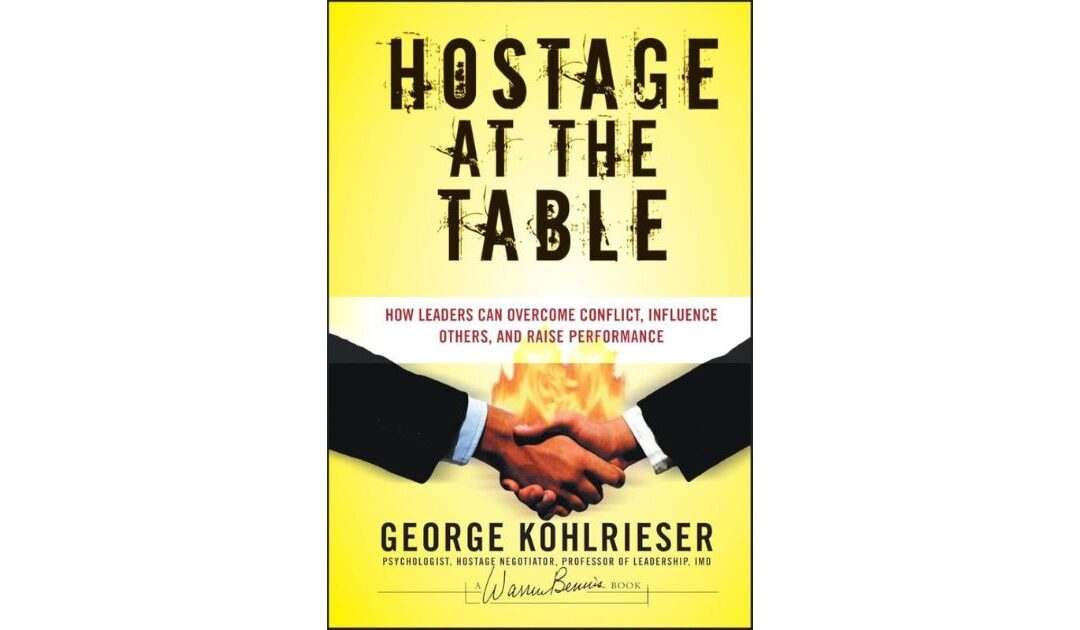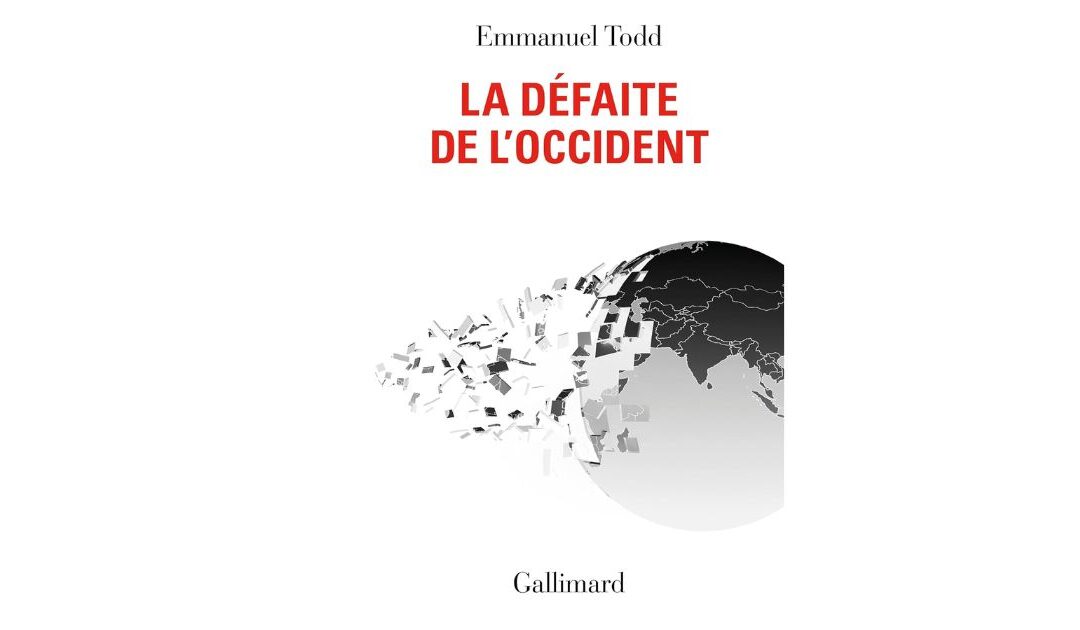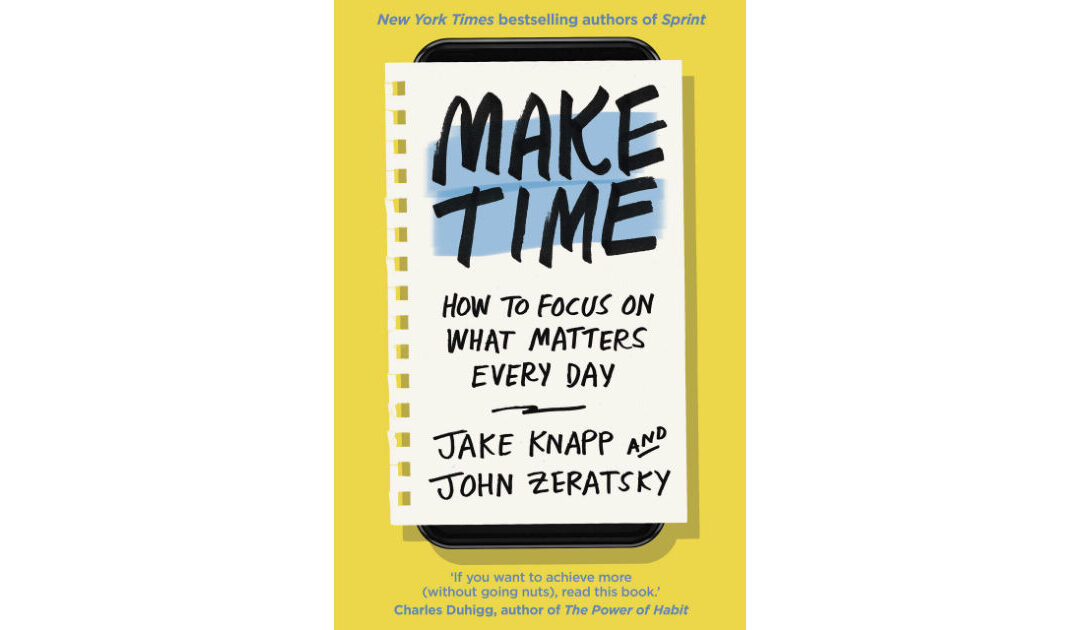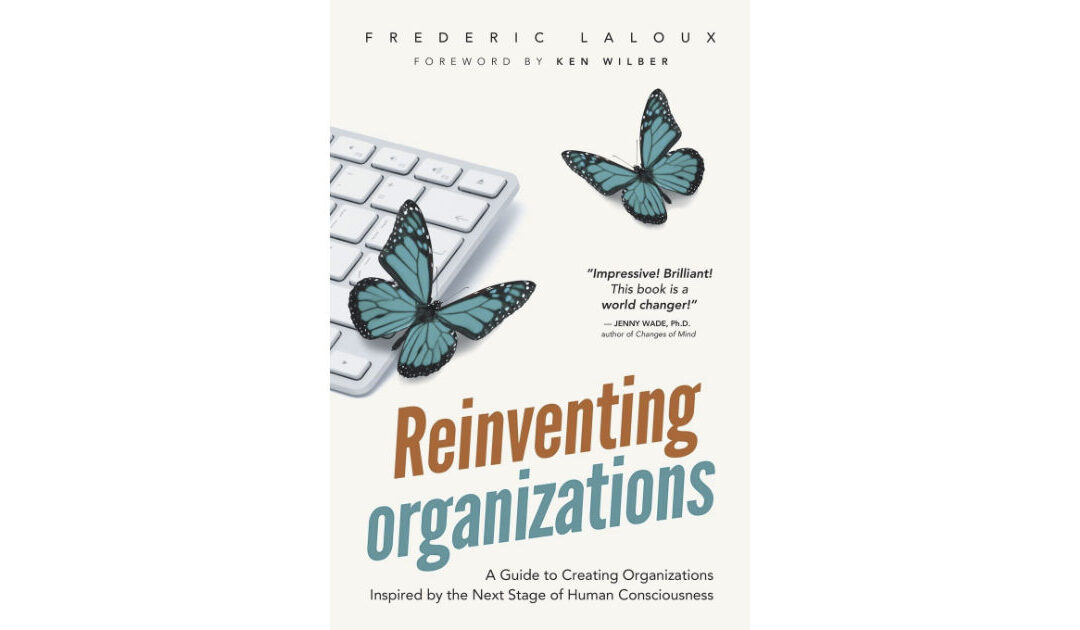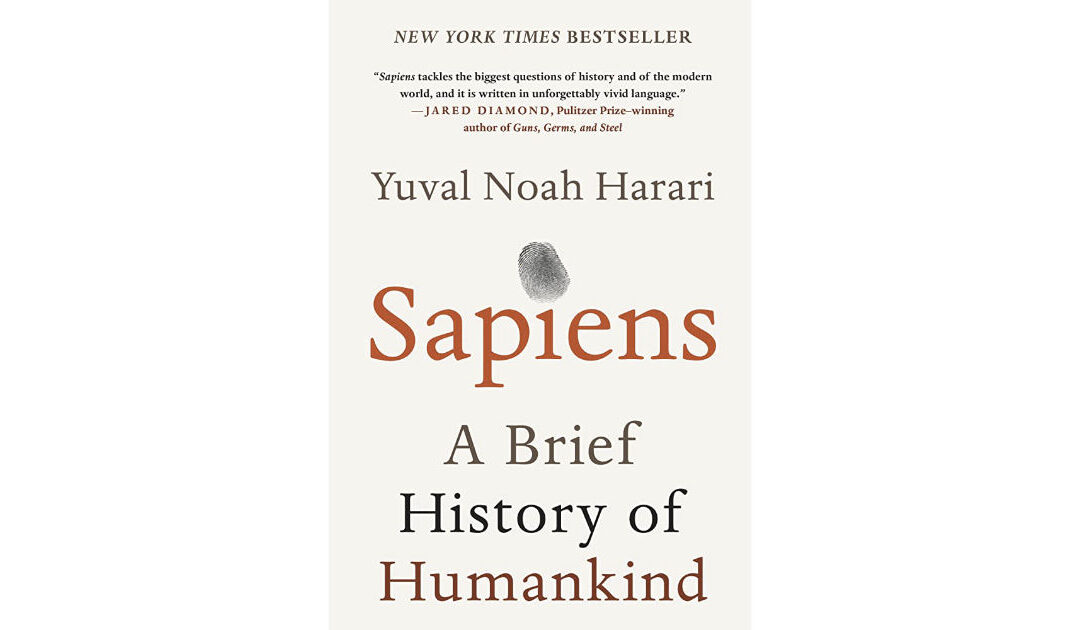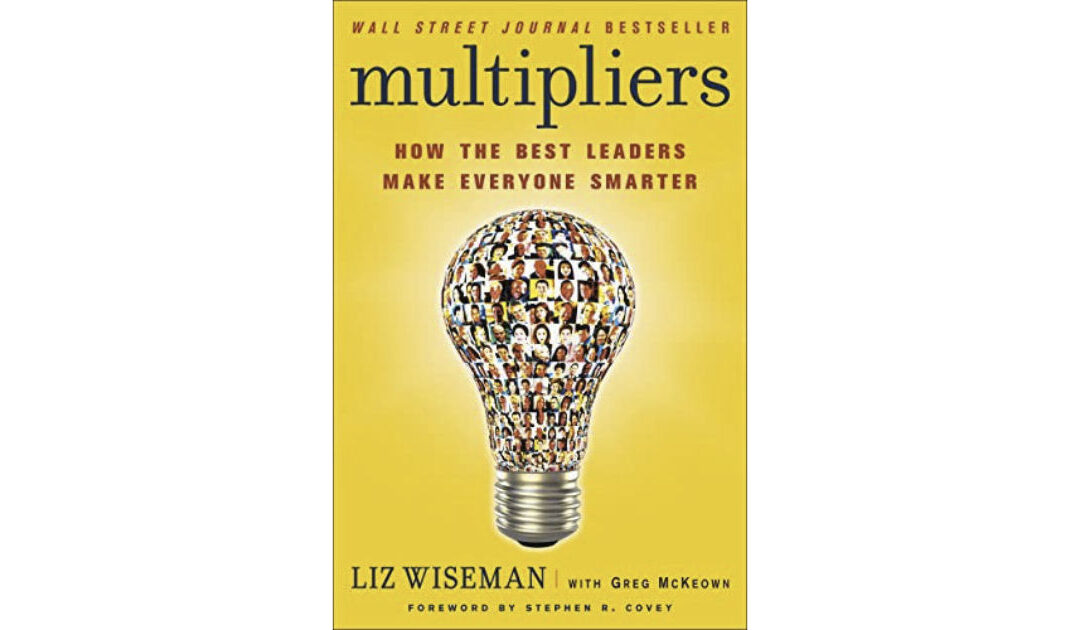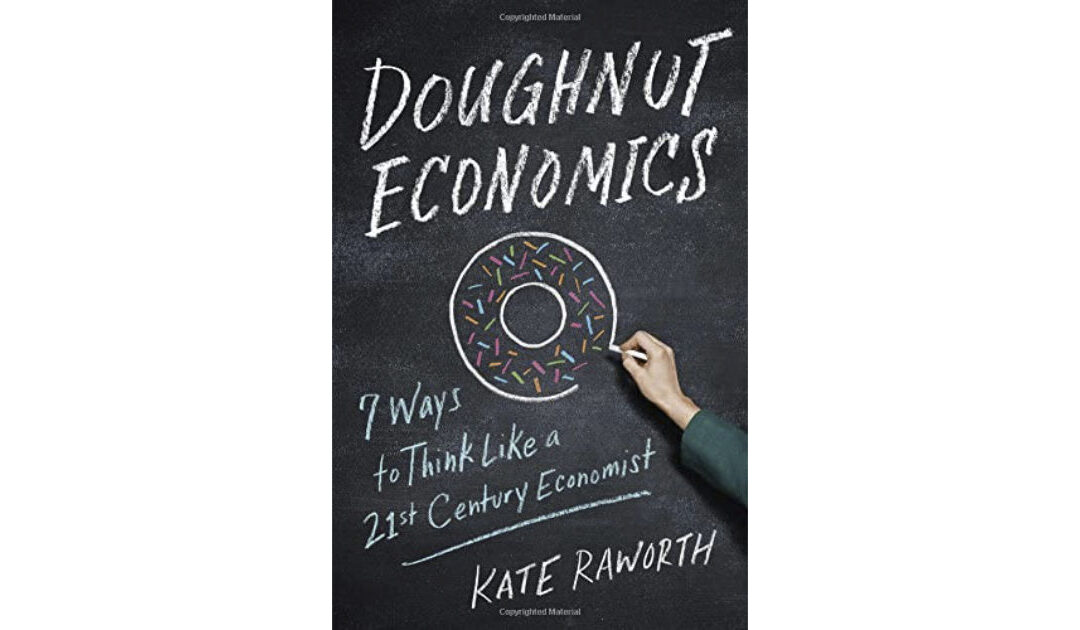In a society with an inverted demographic pyramid, accelerating technology and where the younger generations (and more) are profoundly changing their relationship to work, the shortage and obsolescence of talents is a major concern for many companies. Poorly armed, they have seized on the notion of the war for talents at lightning speed to better protect their territory.
What if we were to change our strategy? As with other types of resources, the pooling of resources and the sharing economy are proving to be genuine strategies for building a resilient, progressive economy that creates value for all parties.
So why do Human Resources continue to focus on the ownership of talent rather than on accessing and mutualizing it?
la guerre des talents, un récit du 20ième siècle
There is a shortage of talent, and the figures speak for themselves. In order to compete and grow, access to skills that have become rare and rapidly obsolete is becoming a major challenge to the achievement of the company’s project. Companies are therefore developing strategies to attract, retain and develop internal skills – THEIR resources.
A concept developed by McKinsey in the 1980s, the notion of the war for talents conveys an ideology of competition and ownership of talent, perfectly in tune with the narrative of the 20th century, in a context of a competitive economy, infinite growth and ownership of resources. Human resources, i.e. employees, are at the service of the employer and bound to him by a bond of subordination, embodied in the employment contract. But it has to be said that companies are less and less the owners of THEIR talents. The quest for optimisation within each organisation, and even sometimes within each department or team, only leads to the under-utilisation of talent and does not address the overall problem of scarcity.
The war for talents, by erecting barricades and gilded prisons and using seduction to retain THEIR talents, no longer corresponds to the aspirations of these talents, who are looking for openness and a meaningful life project.
Sharing economy
An ancient concept that gave rise to the commons and communities, and a veritable Phoenix rising from its ashes, the sharing economy or collaborative economy is gaining new momentum by turning economic paradigms on their head. Welcome to the 21st century! Through the pooling and open availability of resources, open source, knowledge-sharing platforms and other pooling initiatives are becoming real strategies.
It is no longer the possession of a resource that creates value, but its usage.
By promoting the provision and pooling of resources, this sharing economy is part of a networked or community-based organisation. Trust, equal status, cooperation, non-market motivations and responsible usage of resources are seen as essential values that create value in a world of limited resources. It promotes the ideology of the common good, favouring the best for all rather than ownership and competition. All of this is helped by technological developments that facilitate networking and sharing.
The contract doesn’t make the talent
The notion of sharing resources takes on its full meaning when they become increasingly scarce, as open access to them enables their overall usage to be optimized. Some companies have understood this. The rarer the skills they need, the more they voluntarily adopt new approaches, turning to freelancing (or other alternative forms). And for many of them, these resources are essential to their development and make a significant contribution to their strategies.
New workers, freelancers, in search of value creation, work/life balance and talent development, have seized this opportunity. As undisputed masters of their own development, they invest in their skills and make their talents available to companies in a seamless way. It’s not the employment contract that binds them, it’s their financial management, their freedom, their autonomy and their desire to contribute.
Lulled by the conviction that the permanent contract is synonymous with loyalty, companies remain cautious about adopting strategies to diversify their resources. Pushed in the back, they are slowly moving towards greater openness to different forms of employment contract. But the phenomenon of porosity is gaining momentum, and is a fundamental trend.
Talent takes precedence over contract!
At the heart of HR’s mission
While external talent is more or less recognized, valued and integrated within teams, it’s more complicated at company level. Once considered as subcontractors, these workers have long been managed as purchases, and remain ignored or even invisible by HR, or at best considered as second-rate staff. Now, if the company wants to stand out and engage these talents in their project, it must adopt strategies where each talent is valued for its worth, and not according to its employment contract.
Inclusive management of all the company’s talent is at the heart of innovative HR management.
Considering the strategic importance of all the company’s human resources, putting access to talent at the heart of our thinking rather than possession of it, is not a marginal adjustment: it’s a cultural revolution, moving from a unilateral, paternalistic, fixed, company-centric relationship to a bilateral, dynamic, networked relationship of shared responsibility, open to the world. The challenge is collective commitment to a common project. This fundamentally calls into question all HR processes and policies. A shift that explodes corporate boundaries.
Rethinking work management beyond the company
Pooling talent beyond the company’s borders, whatever the type of contract, generates considerable diversity and richness, to the benefit of all. Through coworking and corpoworking, we are seeing the emergence of inter-company workplaces, to encourage cross-fertilization, innovation and enrichment.
Some companies are tiptoeing towards inter-company mobility.
Why not take it a step further? To meet the expectations of all stakeholders in a resilient 21st-century economy, we need to reinvent work management: to put in place a system that fosters security, fluidity and development for all workers, enabling flexible access to assignments and projects according to their needs and skills. An environment in which companies have free access to skills to meet their challenges and projects. An environment in which talents have a certain security, can flourish and freely make their talents available to corporate projects. The result is a balanced, respectful and open partnership between the two parties, and a shared journey.
The challenge for HR will then be to seamlessly develop close-knit communities of skills participating in a shared project.

